
Along with Iceland, I’ve always had a love for Greece, specifically its mythology, culture, and history; it’s all so beautiful to me! I love Greek mythology and am trying to learn more about it when I’m not at school or tennis. I think there’s so much to be uncovered and revered in Grecian history–let’s delve into their ancient and modern sports scene.
As widely known, the Olympics came from Ancient Greece. The Games were supposedly founded by Heracles, (the Roman Hercules,) the son of Zeus and mortal woman Alcmene at the end of the 6th century B.C. However, the first documented Olympics took place in 776 B.C. when its only event was a 192-meter footrace. The Games were meant to honor Zeus, and they were named after Mount Olympus, the gods’ resting place. The Games were so popular that historians began to measure time by the four-year increments in between Olympic Games.
After the Roman Empire conquered Greece, the Games began their decline. In A.D. 393, Emperor Theodosius I declared an end to all “pagan” festivals, officially ending the Olympics for about 1500 years. They were revived by Baron Pierre de Coubertin, who proposed an international Olympics for the first time. His efforts paid off; in 1894, he created the International Olympic Committee and in 1896, the first modern Olympics was held in Athens, Greece.
In Ancient Greece, athletics were highly respected and athletes were thought to have special powers—they were seen as the embodiment of arete, which means virtue or excellence. Other than the Olympics, Greeks were fond of footracing, boxing, chariot racing, and wrestling. Oftentimes, these competitions were dedicated to a certain Greek god, such as the Nemean Games for Poseidon.
Modern-day sports in Greece are as alluring as its historical ones. Today, sports such as football and basketball are popular there, with an emphasis on basketball. Fun fact: Greece is one of the founding members of FIBA (International Basketball Federation). Their national basketball team has consistently taken silver in the FIBA World Championship, and professional basketball player Giannis Antetokounmpo is native to Athens.
Greece also loves football; they are only one of ten to have been crowned UEFA (Union of European Football Associations) European Champions. They also won the UEFA Euro 2004 tournament, but other than that they have a relatively small football presence on the world stage.
Within Greece, there are small football clubs that compete against each other, separated into divisions. The top division is called Superleague Greece, and the winners of the league become the “Champions of Greece.” The top-ranked club in this league is called Olympiacos, a clear tribute to Ancient Greek beliefs (Olympia means “from Mount Olympus.”)
Outside of sports, Grecians also have a healthy lifestyle and diet. The Mediterranean diet originates from their region, along with neighboring countries such as Turkey and Syria. I love Mediterranean food so, so so much. I think it’d have to be my favorite kind of cuisine; it’s also very healthy. Their typical diet, consisting of legumes, vegetables, grains, and healthy fats like salmon combined with an active lifestyle make Grecian people among the healthiest in the world. One of the world’s five blue zones is actually in Greece—blue zones are places where people tend to live the longest.
It’s clear that Grecian food and sports are amazing and part of what makes their culture so special. It’s a beautiful country, and I’m so excited to visit this summer.



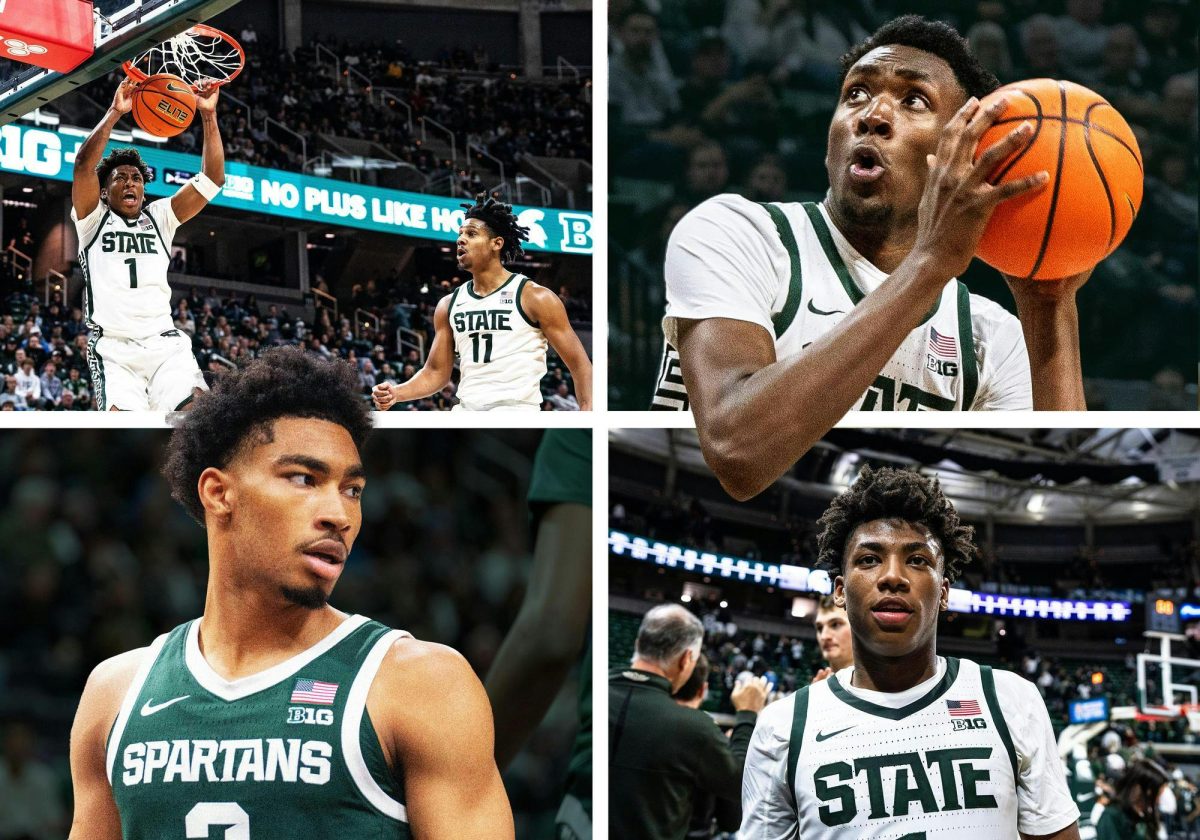
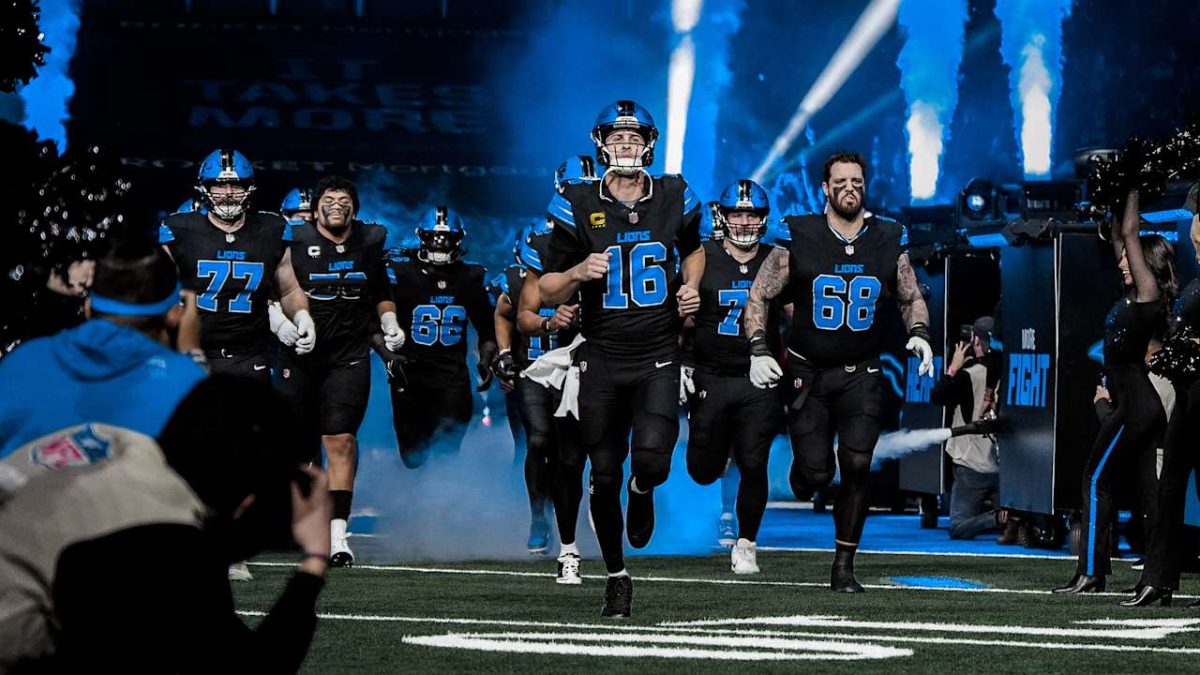


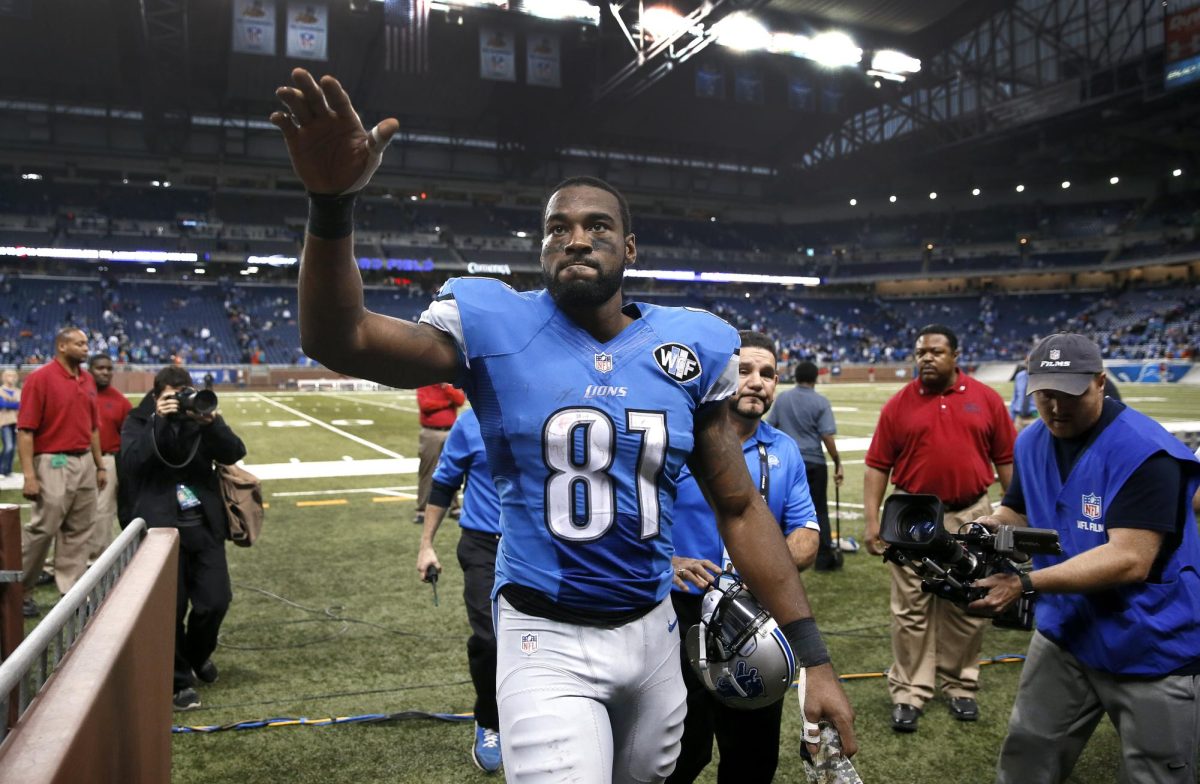
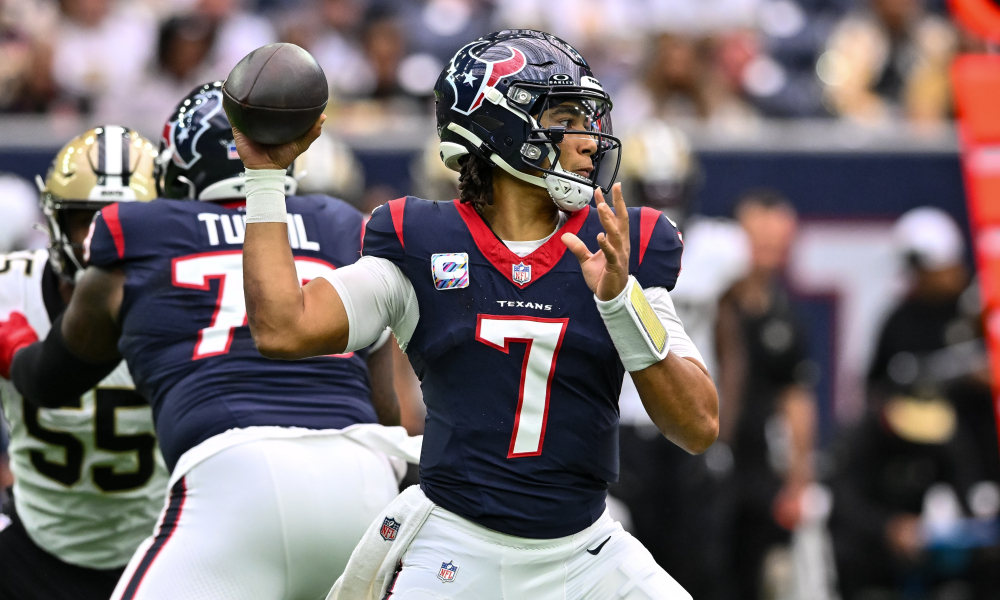
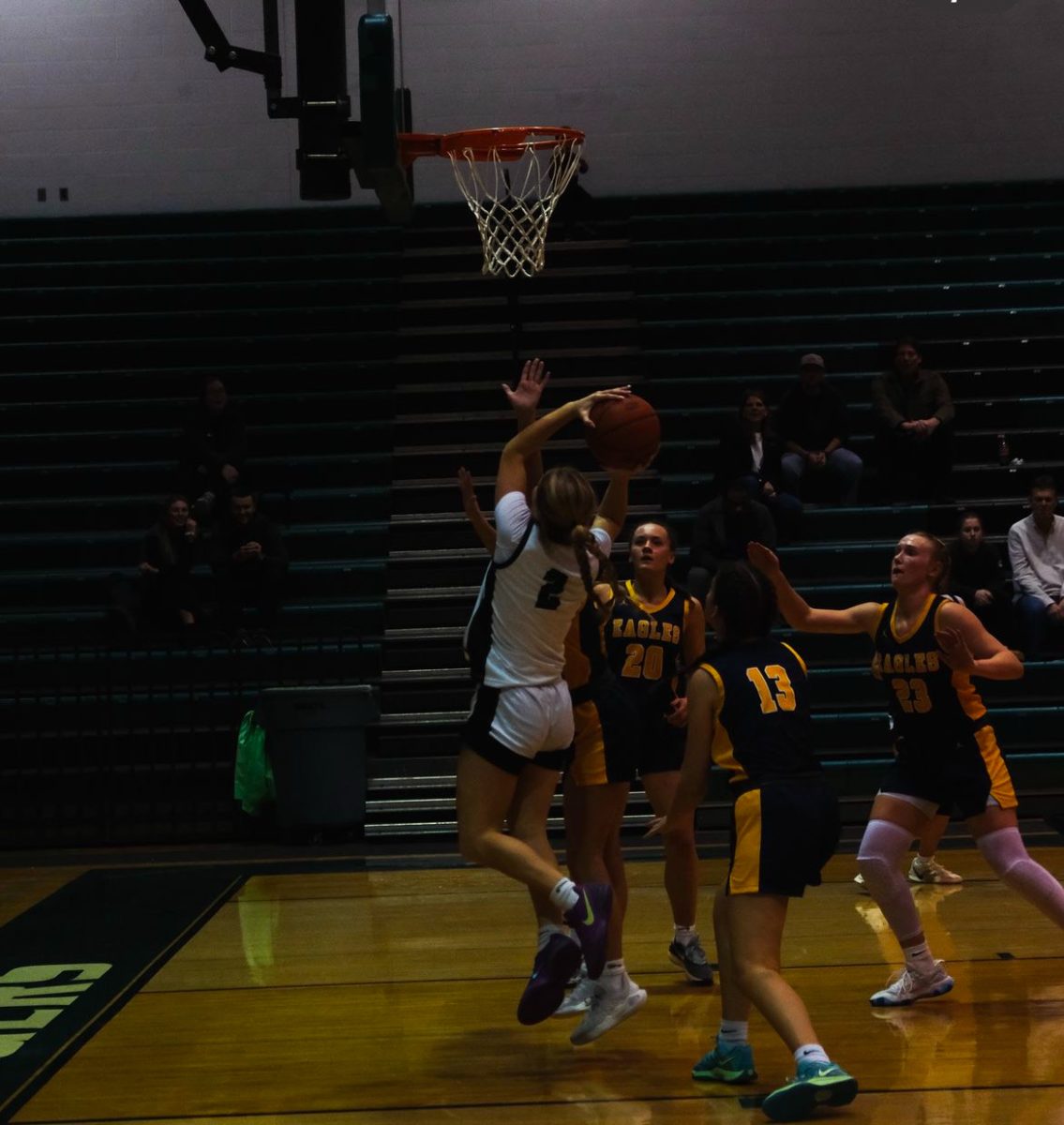



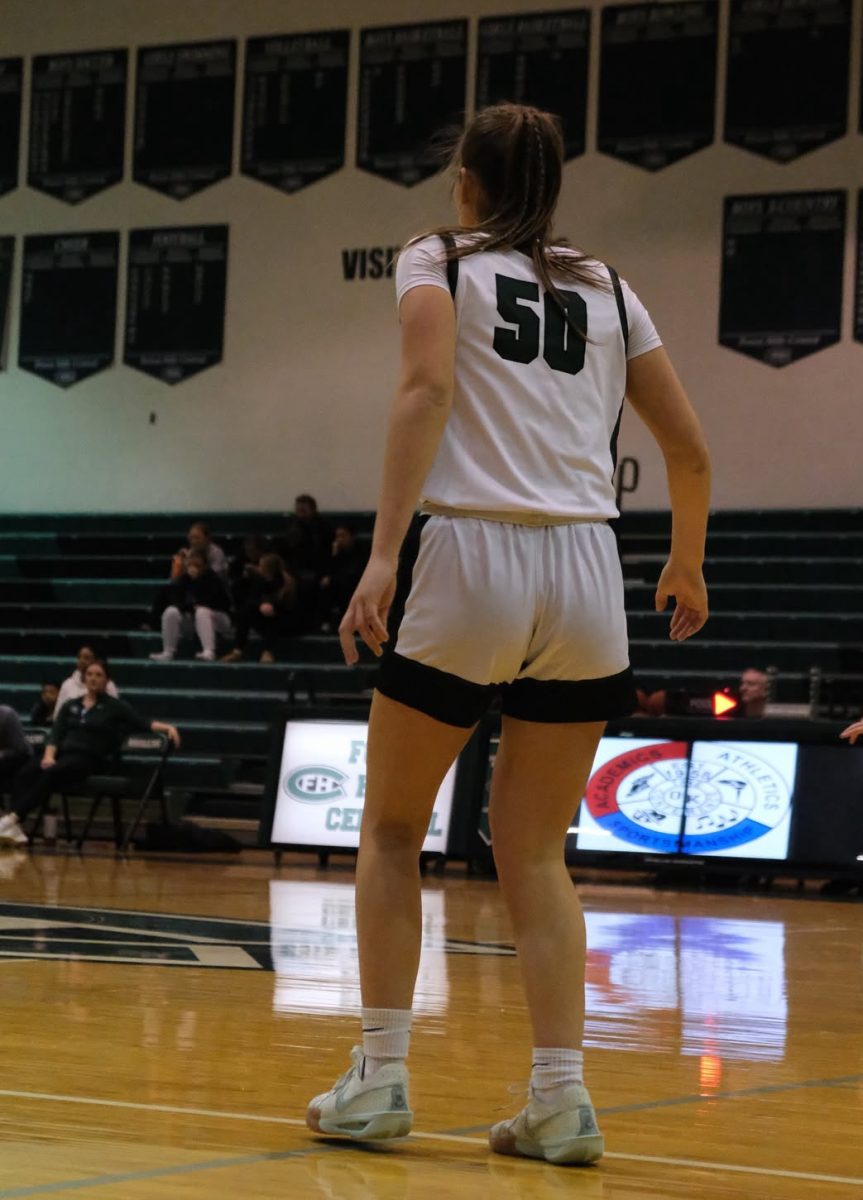


J new • Sep 24, 2024 at 9:42 PM
One of the best articles I ever read. Ty